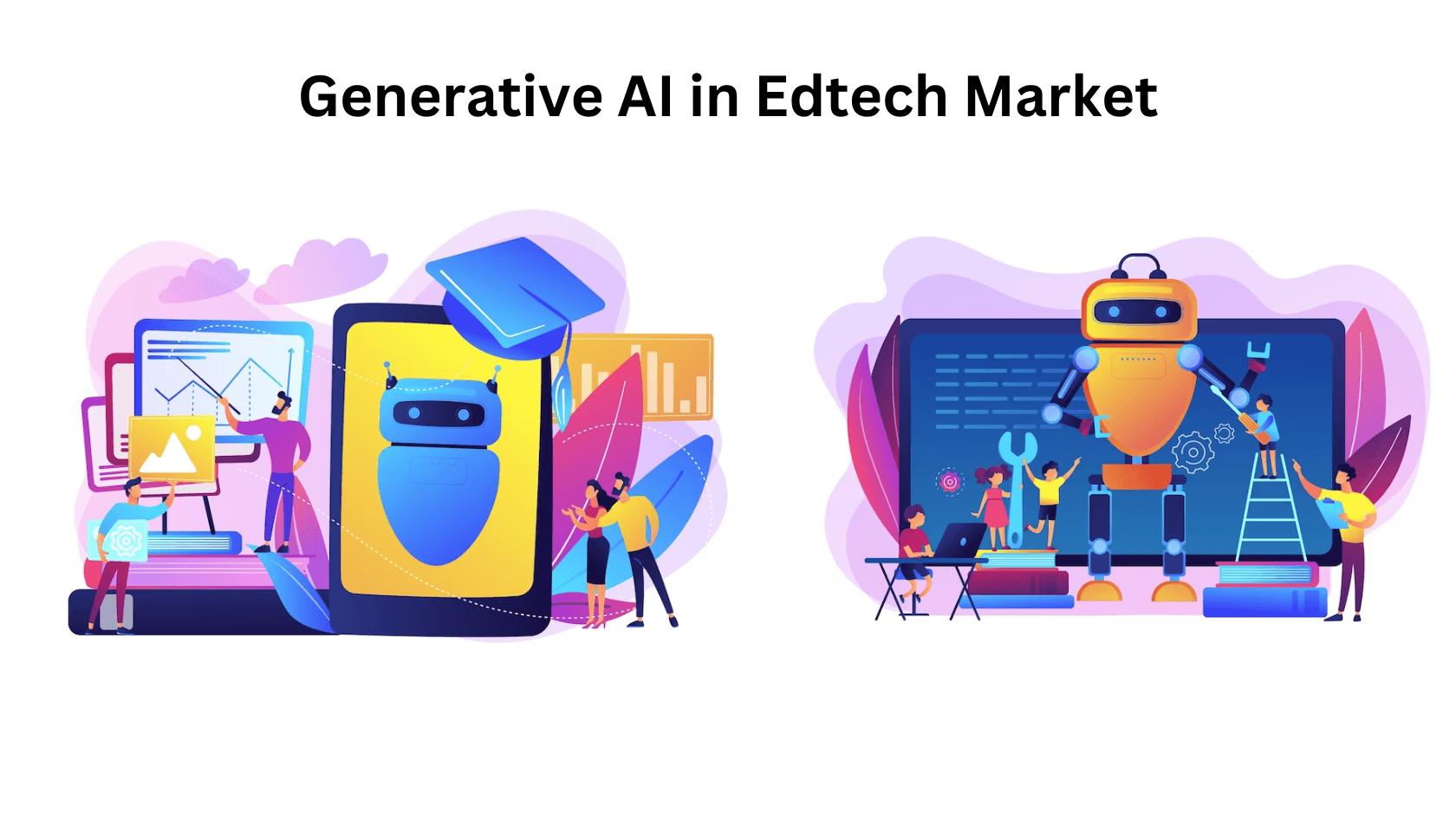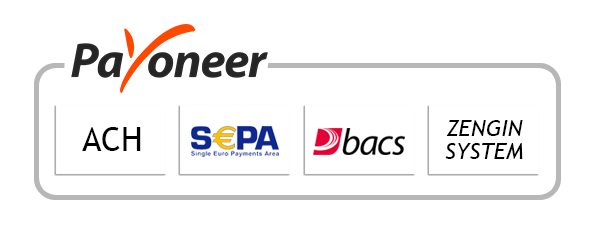Introduction
In recent years, the field of education has witnessed remarkable advancements with the integration of artificial intelligence (AI) technologies. One of the most significant developments in this domain is the emergence of generative AI in the EdTech market. Generative AI, also known as creative AI, is revolutionizing the way we teach and learn by leveraging machine learning algorithms to generate innovative and interactive educational content. In this article, we will explore the impact of generative AI in the EdTech market and how it is reshaping the future of education.
Get Access Now: https://techmarketreports.com/report/generative-ai-in-edtech-market/
Market Insights
The Generative AI in Edtech Market is projected to reach a valuation of USD 5261 Mn by 2032 at a CAGR of 40.5%, from USD 191 Mn in 2022. This growth is being driven by the increasing demand for personalized learning experiences, as well as the advancements in generative AI technology.

Table of Contents
- The Rise of Generative AI in Education
- Enhancing Personalized Learning Experiences
- Creating Interactive Educational Content
- Automating Assessment and Feedback
- Augmenting Teacher’s Role with AI
- Overcoming Language and Cultural Barriers
- Addressing Learning Disabilities
- Ethical Considerations and Challenges
- Benefits of Using Generative AI in Edtech
- Future Outlook of Generative AI in EdTech
- Conclusion
- FAQs (Frequently Asked Questions)
1. The Rise of Generative AI in Education
With the rapid advancement of AI technology, generative AI has emerged as a transformative force in the education sector. It utilizes neural networks and machine learning algorithms to create content that simulates human-like creativity and intelligence. The integration of generative AI in EdTech platforms offers numerous benefits, enabling educators to deliver engaging and personalized learning experiences.
2. Enhancing Personalized Learning Experiences
Generative AI allows for the creation of tailored learning materials based on individual student needs. By analyzing student data and preferences, AI algorithms can generate personalized content, adapting to the learning pace and style of each student. This approach ensures that students receive targeted educational materials that cater to their unique requirements, ultimately enhancing their learning experiences.
3. Creating Interactive Educational Content
Generative AI has the potential to revolutionize the way educational content is created. It can generate interactive simulations, virtual reality experiences, and gamified learning modules, making the learning process more engaging and immersive. With AI-generated content, students can actively participate in their learning journey, leading to increased motivation and knowledge retention.
4. Automating Assessment and Feedback
Traditionally, assessing and providing feedback on student work has been a time-consuming task for educators. However, generative AI offers automated assessment systems that can analyze and evaluate student performance. These systems can provide instant feedback, identify areas of improvement, and track student progress over time. By automating these processes, educators can focus more on personalized instruction and support.
5. Augmenting Teacher’s Role with AI
Generative AI is not meant to replace teachers but rather augment their role in the classroom. AI-powered tools can assist teachers by automating administrative tasks, such as grading assignments, generating lesson plans, and organizing educational resources. This allows educators to dedicate more time to student interaction, providing individualized guidance and support.
6. Overcoming Language and Cultural Barriers
In multicultural and multilingual educational settings, language and cultural barriers can hinder effective learning. Generative AI can address these challenges by providing translation services, generating content in multiple languages, and adapting educational materials to different cultural contexts. By breaking down language and cultural barriers, generative AI promotes inclusivity and facilitates global collaboration in education.
7. Addressing Learning Disabilities
Students with learning disabilities often require specialized support to reach their full potential. Generative AI can play a crucial role in providing personalized assistance to such students. AI algorithms can generate content tailored to the specific needs of learners with disabilities, offering adaptive resources, real-time feedback, and interactive learning experiences. This integration promotes inclusive education and empowers students with diverse learning requirements.
8. Ethical Considerations and Challenges
While generative AI presents immense opportunities, it also raises ethical considerations and challenges. Privacy and data security concerns must be addressed to ensure the safe and responsible use of student information. Additionally, biases embedded in AI algorithms need to be identified and mitigated to avoid perpetuating discriminatory practices. Education stakeholders must collaborate to develop ethical guidelines and regulations that govern the use of generative AI in the EdTech market.
9. Benefits of using generative AI in edtech
Here are some of the benefits of using generative AI in edtech:
- Personalized learning experiences
- Automated content production
- Enriched educational resources
- Improved student engagement
- Increased learning outcomes
- Reduced costs
10. Future Outlook of Generative AI in EdTech
The future of generative AI in the EdTech market looks promising. As technology continues to evolve, AI algorithms will become more sophisticated, capable of generating highly personalized and adaptive educational content. The integration of natural language processing and computer vision technologies will further enhance the interactive and immersive nature of AI-generated content. In the coming years, generative AI will continue to shape the future of education, unlocking new possibilities for learners worldwide.
11. Conclusion
Generative AI has emerged as a game-changer in the EdTech market, transforming the way we teach and learn. By offering personalized learning experiences, creating interactive content, automating assessment, and augmenting the role of teachers, generative AI is revolutionizing education. However, it is crucial to address ethical considerations and challenges to ensure responsible and equitable implementation. As generative AI continues to evolve, it holds the potential to unlock the full potential of learners worldwide, paving the way for a more inclusive and innovative education system.
12. FAQs (Frequently Asked Questions)
- What is generative AI in the context of education? Generative AI in education refers to the use of artificial intelligence technologies, such as machine learning algorithms, to create innovative and interactive educational content.
- How does generative AI enhance personalized learning experiences? Generative AI analyzes student data and preferences to generate tailored learning materials, adapting to the individual learning pace and style of each student.
- Can generative AI replace teachers in the classroom? No, generative AI is designed to augment the role of teachers by automating administrative tasks and providing personalized support, allowing educators to focus on individualized instruction.
- What are the ethical considerations associated with generative AI in EdTech? Ethical considerations include privacy and data security concerns, addressing biases in AI algorithms, and ensuring equitable access to AI-generated content.
- What does the future hold for generative AI in the EdTech market? The future of generative AI in EdTech looks promising, with advancements in technology leading to highly personalized and adaptive educational content, further enhancing the learning experience.
In conclusion, generative AI is revolutionizing the EdTech market, offering personalized learning experiences, interactive content creation, automated assessment, and support for students with disabilities. While ethical considerations must be addressed, the future outlook for generative AI in education is bright, promising to unlock new possibilities and transform the way we learn and teach.



